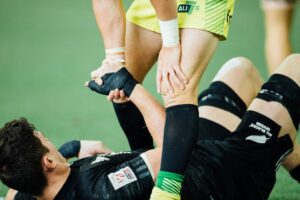
Sports Injuries: Causes, Treatment, and Prevention
Whether you’re a weekend warrior, a competitive athlete, or just love staying active, sports injuries
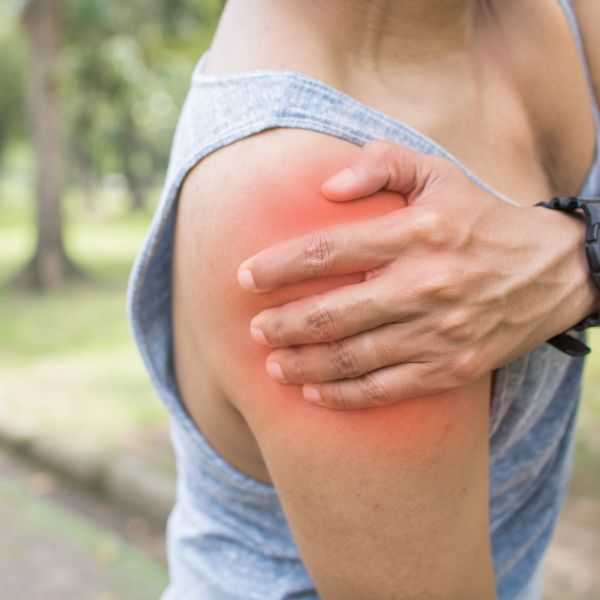
The rotator cuff is a group of muscles and tendons that stabilize the shoulder joint and allow for a wide range of arm movements. Injuries to the rotator cuff, such as tears or inflammation, can lead to pain, weakness, and reduced mobility, significantly impacting daily activities and quality of life. Effective treatment is essential for restoring function and alleviating discomfort.
Rotator cuff treatment focuses on relieving pain, improving function, and promoting healing. Depending on the severity of the injury, treatment options may be non-surgical or surgical.
As your orthopedic surgeon, I understand that pain and injury can significantly impact your life. My goal is to help you regain mobility, relieve pain, and return to the activities you love. I am committed to providing personalized care, using the latest techniques and technologies to achieve the best possible outcomes.
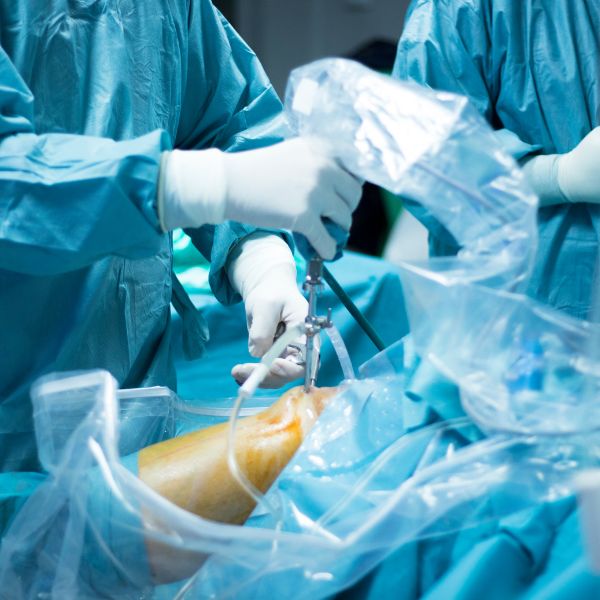
Individuals who may benefit from rotator cuff treatment typically include:
Active Individuals and Athletes: Those who engage in sports or activities requiring overhead motions, such as swimming, tennis, or baseball, may experience rotator cuff injuries.
Older Adults: As we age, the tendons in the rotator cuff can degenerate, making older adults more susceptible to tears and inflammation.
People with Shoulder Pain: If you experience persistent shoulder pain, weakness, or limited range of motion that interferes with daily activities, it may indicate a rotator cuff issue.
Workers in Manual Labor: Individuals whose jobs involve repetitive overhead movements or heavy lifting may be at higher risk for rotator cuff injuries.
Post-Injury Patients: Those who have suffered trauma to the shoulder, such as a fall or accident, may require evaluation and treatment for potential rotator cuff damage.
Recovery from rotator cuff treatment varies based on the method used:
Non-Surgical Recovery: Patients often begin physical therapy shortly after the initial pain subsides, gradually returning to normal activities over several weeks to months.
Surgical Recovery: After surgery, a period of immobilization in a sling is common, followed by a structured rehabilitation program to restore strength and mobility. Full recovery may take several months, depending on the extent of the injury and surgery.
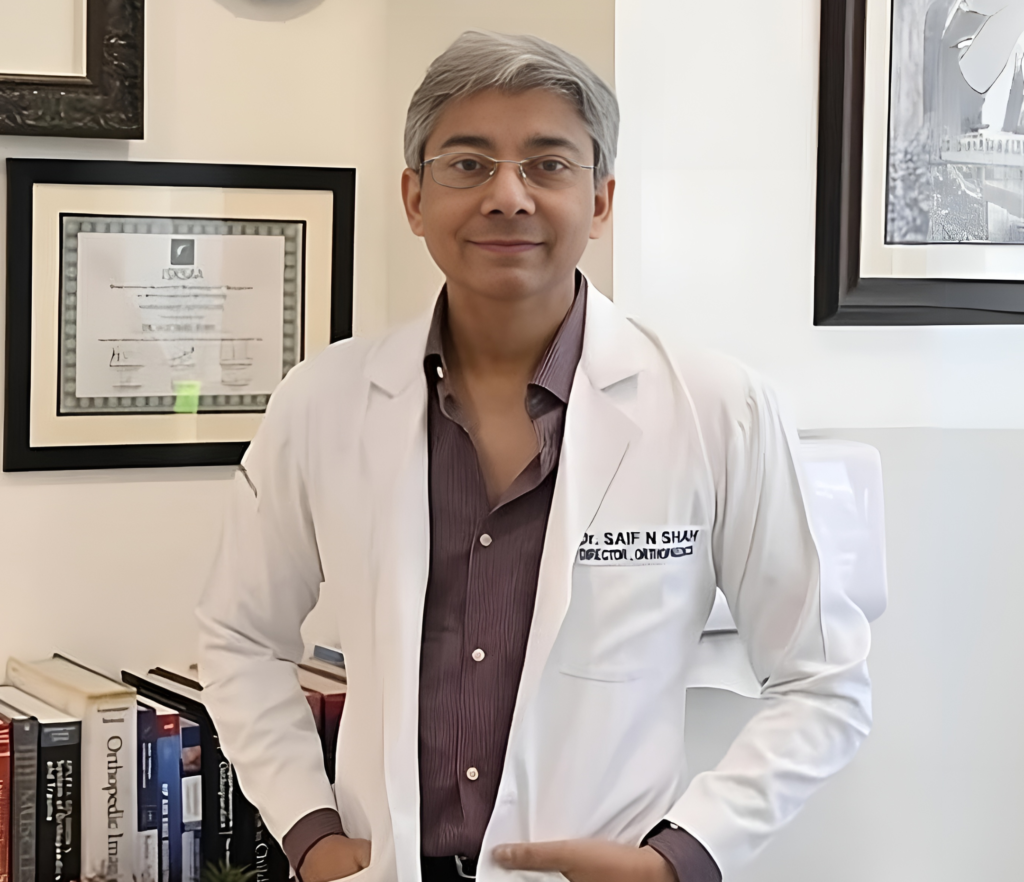
I currently practice at Medanta Hospital, Lucknow, where I’m the Director of the Institute of Musculoskeletal Disorders and Orthopaedics.
My expertise covers Partial and Total Knee Replacement Surgery, Hip Replacement Surgery, Revision Surgeries, as well as Spinal Decompression & Fixation. To date, I’ve performed over 1500 joint replacement surgeries and more than 5000 orthopaedic surgeries.
Don’t let pain hold you back.
The healing time for a rotator cuff injury varies depending on the severity of the injury and the type of treatment received. Generally, non-surgical treatments may take several weeks to a few months for recovery. If surgery is required, full recovery can take 4 to 6 months, and in some cases, up to a year. Adherence to rehabilitation and physical therapy is crucial for a successful recovery.
Strengthening the rotator cuff can be achieved through targeted exercises, which may include:
A balanced diet can support rotator cuff healing and overall joint health. Foods that are particularly beneficial include:

Whether you’re a weekend warrior, a competitive athlete, or just love staying active, sports injuries
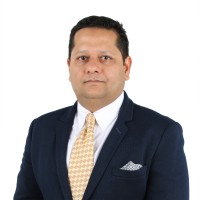
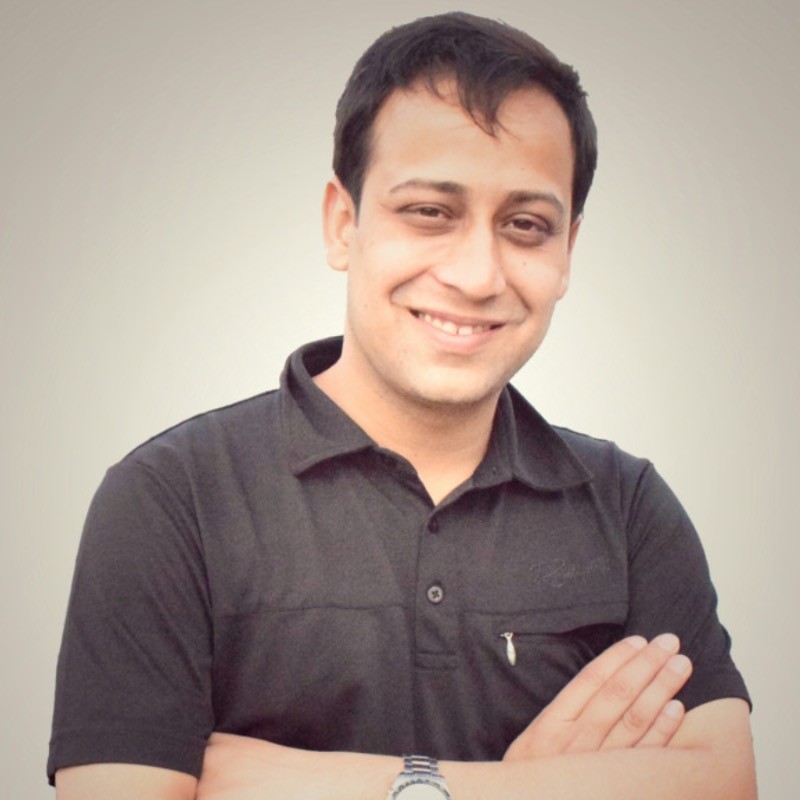

Dr. Saif Nabi Shah is an exceptional orthopedic surgeon. He is highly skilled, knowledgeable, and compassionate. I recently visited him for a consultation regarding a long-standing knee issue, and I was impressed by his thorough approach. He took the time to listen carefully to my concerns, performed a detailed examination, and explained the diagnosis and treatment options clearly.
Connect with Dr. Saif Nabi Shah today!